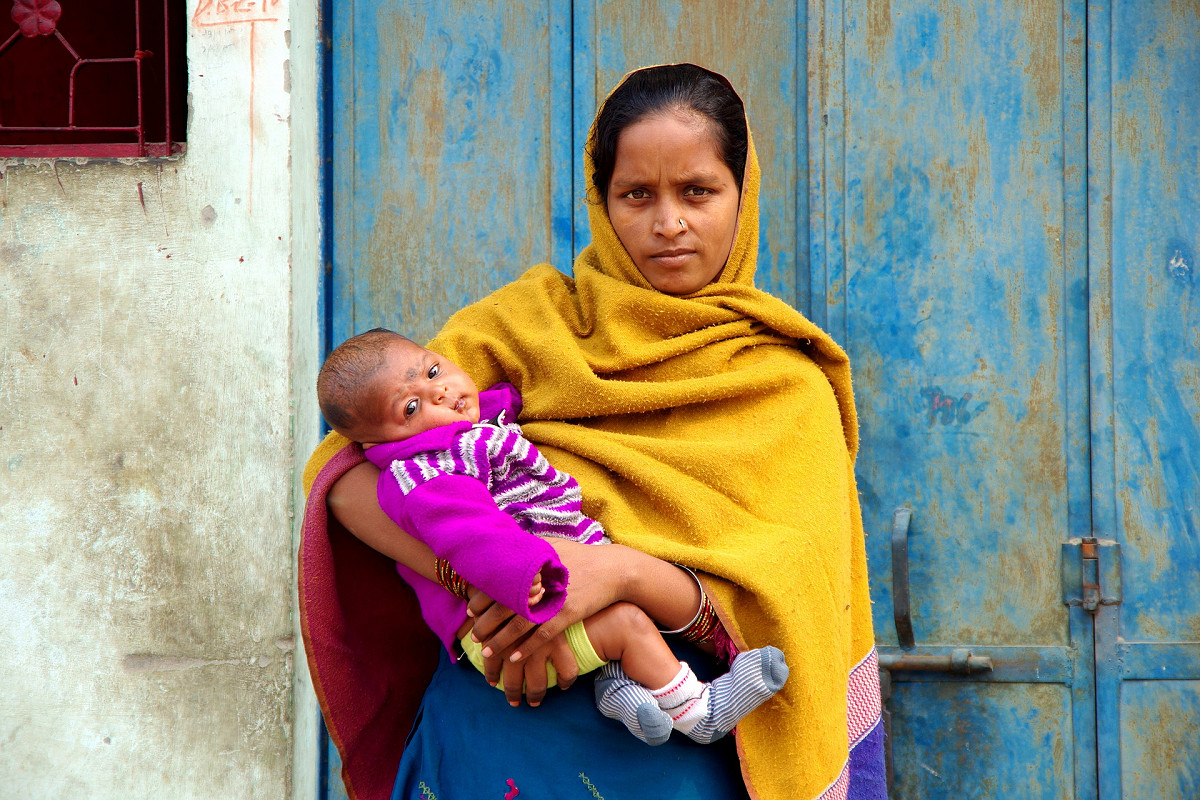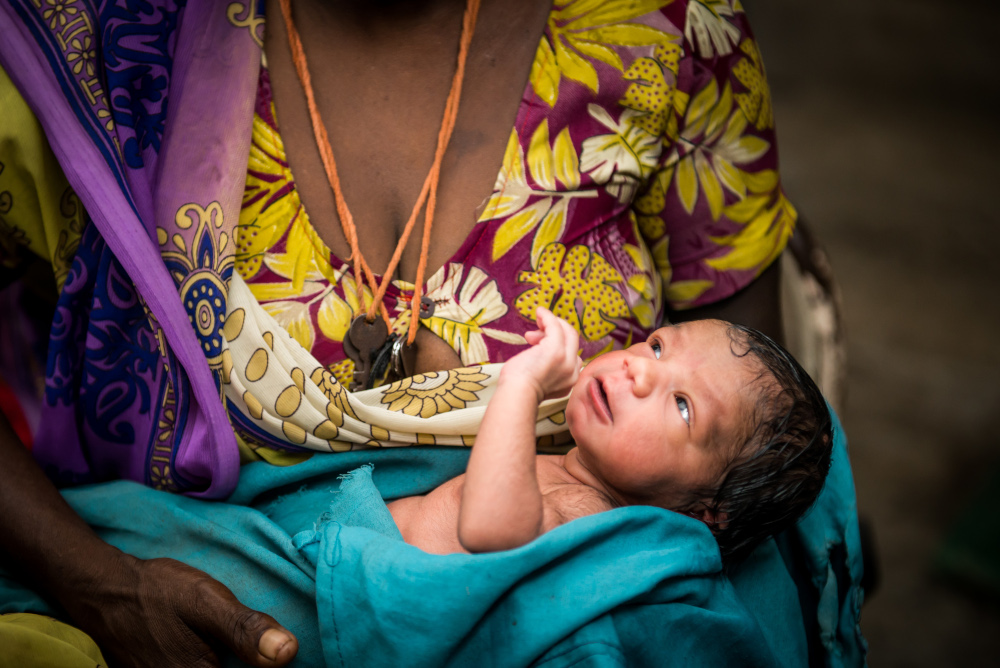The Utkrisht Development Impact Bond | Turner Kirk Trust

The UBS Optimus Foundation is a recognised leader in innovative financing mechanisms for social impact. The Foundation uses results-based funding, partnering with philanthropists who provide the money for charitable projects, which are later paid for by governments and end donors based on the outcome achieved. The Foundation takes smart risks on evidence-based, scalable solutions and focuses on health, education and child protection systems as well as tackling environmental degradation and climate change.
Over the last two centuries, we have made huge progress against child mortality. Between 1800 and 1950, child mortality halved from 43% to 22.5%, and the global number of deaths among children under the age of five dropped from 12.5 million in 1990 to 5.2 million in 2019.
However, child mortality in India, the world’s second-most populous country, still performs low by global standards. India currently ranks 142 out of 217 countries in maternal mortality and 184 in newborn mortality. Four states alone, including Rajasthan, account for 56% of newborn deaths in India, and about 14% of newborn deaths globally.
In order to address this issue, the Indian government has attempted to increase the number of institutional deliveries. As a result, between 1998 and 2016, institutional deliveries increased from 22% of all deliveries to 81%. The private sector, which accounted for only 6% of all deliveries in 1998, now handles 17% of all deliveries and 20% of institutional deliveries, equivalent to over 300,000 births per year.
This increase in institutional deliveries has not resulted in the expected improvement in maternal health, however. Out of the 1.8 million births per year in Rajasthan, the maternal mortality rate is around 244 per 100,000 live births, and the neonatal mortality rate is 32 per 1,000 live births, 46% and 14% above the national average, respectively.
The Turner Kirk Trust provided a donation of £280,000 to The Utkrisht Development Impact Bond via the UBS Optimus Foundation. The Utkrisht Development Impact Bond aims to deliver responsive health systems, equipped with life-saving capabilities that are staffed with health care workers who can deliver high-quality and timely skilled care.
As most maternal deaths occur during birth or within the first five days of a child’s life, this initiative focuses on tackling this issue at the core by making health-based interventions during this vital period.
Working throughout the state of Rajasthan, which has one of the worse records in the world on child mortality, the programme seeks to work with health care workers to ultimately find long-term and sustainable solutions that prevent excess deaths and long-term disabilities in those newborns that survive.
Tackling this issue in one of the most severely affected areas in one of the hardest-hit countries in the world will pave the way for other regions globally to find solutions for postnatal and maternal care throughout the developing world.
The project has had a considerable impact on the quality of healthcare for pregnant women and newborns within private small healthcare organisations (SHCOs), where quality care lags behind the public sector.
The focus of the Utkrisht DBI was on the training and accreditation of at least 360 of these small clinics in Rajasthan, with the potential to reach 444 of them. The project tied accreditation to outcome payments, meaning that these clinics each received over £12,000 for the completed accreditation. This means each SHCO is encouraged to achieve and maintain high standards of healthcare.
By increasing the number of quality SHCOs in Rajasthan, the program has validated a cost-effective way to channel government funding to quality private maternal care facilities. So far, 1,835 small healthcare organisations have been mapped in Rajasthan’s 32 districts and 344 of 469 eligible SCHOs have signed Memorandums of Understanding.
As a result of the COVID-19 pandemic, implementation activities have successfully shifted online, and these clinics are being engaged remotely through online training and monitoring. Since March 2020, almost 4,000 online training sessions have been conducted by service providers.
Key Successes
Over 160 healthcare clinics accredited
205,814 pregnant women and newborns supported
Over £2 million distributed in outcome payments to maternity clinics
“The Turner Kirk Trust combines a rigorous, systematic focus on evidence of impact, value for money, sustainability and initiatives that have the potential to scale with an entrepreneurial flair for taking risks on new untested ideas and people and organisations they believe in.”
